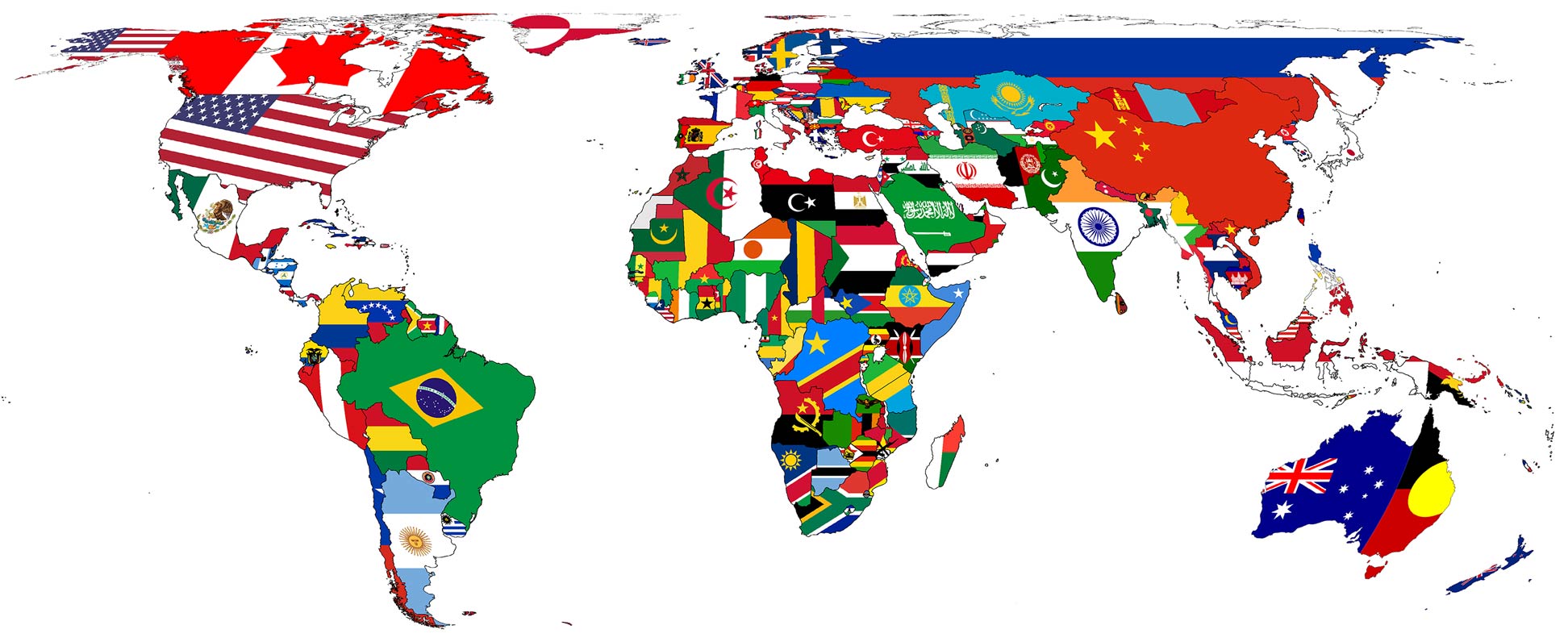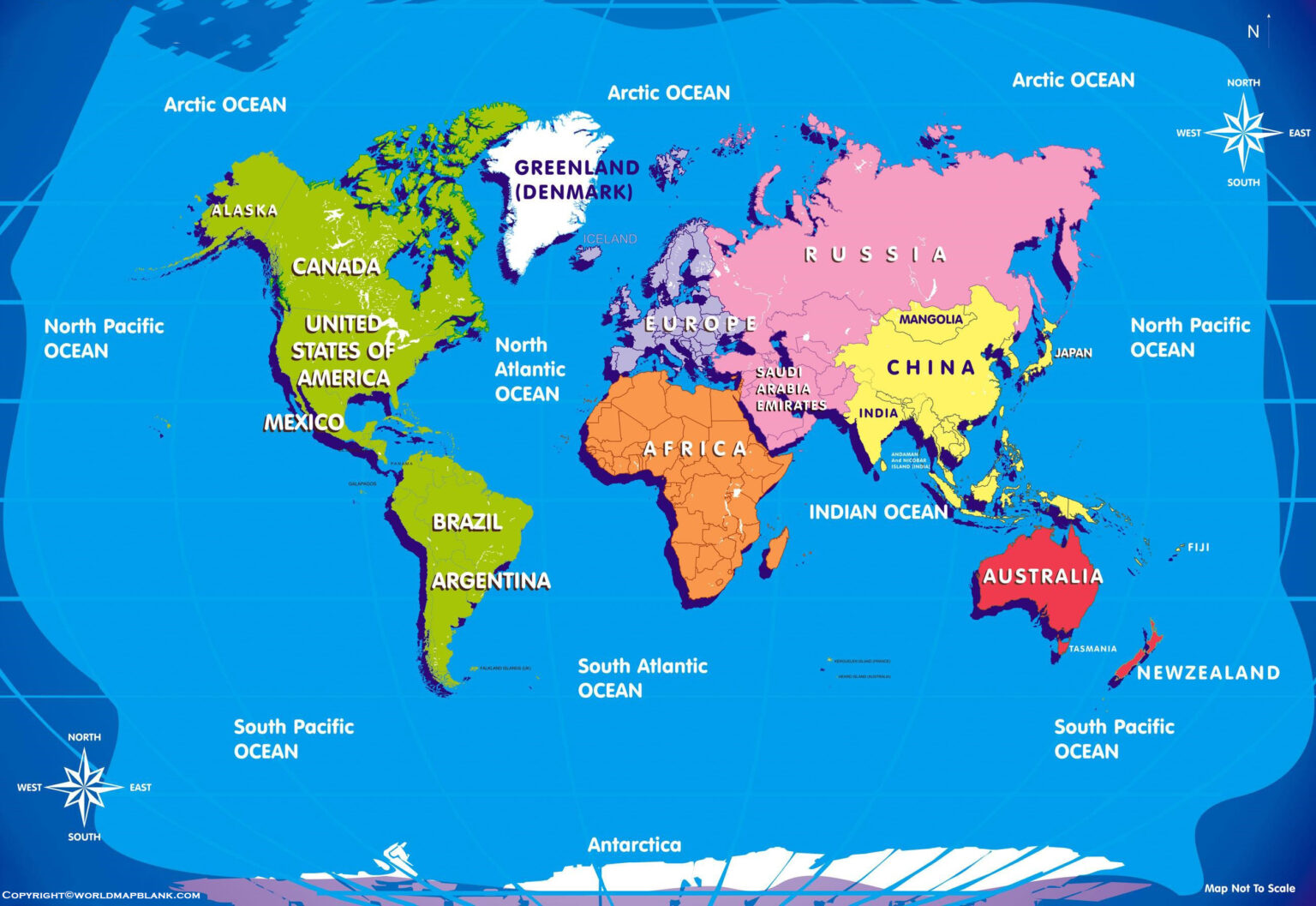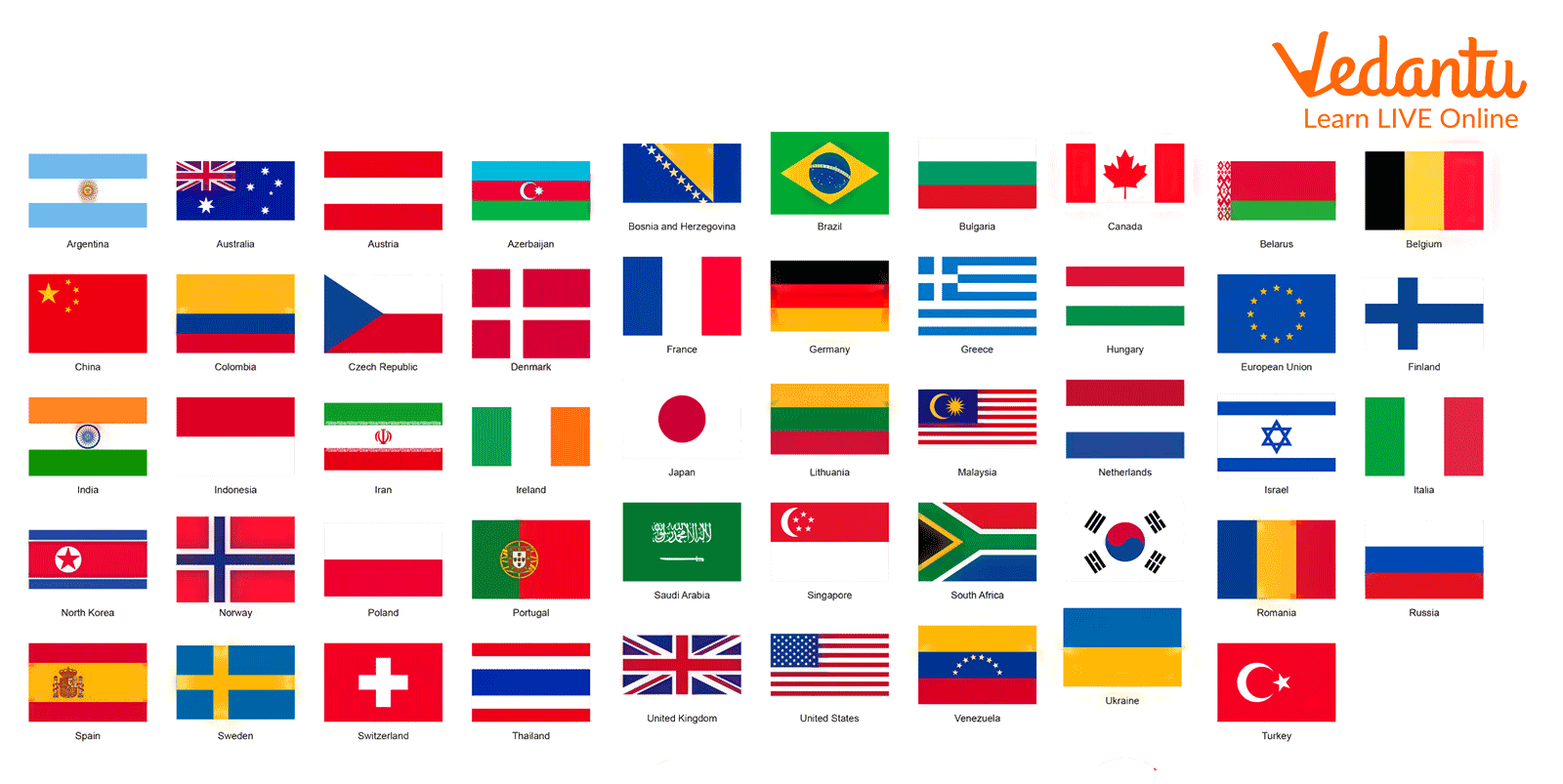What Country Is Tehran Located In - A Look At Global Places
When you think about a major city like Tehran, a natural question often comes to mind: exactly which land mass is it part of? It's a straightforward query, yet the answer opens up a fascinating conversation about how we talk about places on our planet. This prominent city, a center of culture and history, holds a significant position on the world map, and its placement helps us begin to think about how we define geographical and political areas.
To put it simply, Tehran, a very large and bustling urban area, is found within the borders of Iran. Iran is the nation that hosts this significant city, serving as its capital. So, when someone asks about Tehran's location, you can confidently point them to the country of Iran, a place with a rich past and a vibrant present, too.
Yet, the word "country" itself, you know, carries more than one layer of meaning. It's not always just about a single, clearly defined land. Sometimes, it can refer to a sovereign state, while at other times, it might point to a cultural group, or even a particular region. This little word, it turns out, has quite a bit of flexibility in how we use it, which makes our discussion about where Tehran is located a chance to explore these different ideas about what a "country" truly is, actually.
Table of Contents
- Where Exactly Is Tehran Found?
- What Does "Country" Really Mean Anyway?
- Is a "Country" Always a "State" or a "Nation"?
- How Do We Talk About Different Parts of a Place?
- Does "Country" Sometimes Just Mean a Rural Area?
- Why Do These Distinctions Matter for Places Like Tehran?
- How Do Places Define Access, Like for Online Services?
- What About Lists of Countries and Their Many Forms?
Where Exactly Is Tehran Found?
Tehran, a truly expansive city, is situated in the central northern part of Iran, nestled at the foot of the Alborz mountain range. This geographical placement gives it a varied climate and some truly striking natural surroundings. It serves as Iran's capital and is its most populous city, too, holding a central position in the nation's political, economic, and cultural activities. Its location within Iran is not just a point on a map; it represents a focal point for the entire country, a bit like how a heart is central to a body, in a way. The city's long history, which goes back many centuries, shows its enduring importance in the area, and its role as a key urban center has only grown over time, naturally.
When we talk about Tehran's location, we are, of course, referring to its position within the sovereign state of Iran. Iran, as a distinct political entity, has clearly defined borders, a recognized government, and a specific population living within those boundaries. This is the most common way we think about a "country" when we're trying to figure out where a big city like Tehran is located. It’s the straightforward answer, the one that most people expect, and it really sets the stage for understanding the larger geographical picture, you know. Knowing that Tehran is in Iran gives us a very clear starting point for any further exploration of the city or the nation it belongs to, honestly.
What Does "Country" Really Mean Anyway?
The word "country" can be a bit more flexible than you might first think, actually. While we often use it to mean a sovereign state, like Iran, its meaning can shift depending on the context. For instance, when we look at how the word is used in places where English first came about, like in the United Kingdom, it becomes clear that "country" doesn't always carry the strong sense of a fully independent, self-governing entity. As a matter of fact, international legal discussions often prefer terms like "State" or "sovereign state" when they're talking about places with full self-rule. This tells us that "country" itself can be a broader term, sometimes encompassing entities that might not have complete sovereignty on the world stage, or that are part of a larger political structure, in some respects.
Consider, for example, the United Kingdom, which is described on its official government sites as being made up of four distinct parts. The former Prime Minister, David Cameron, once famously remarked about "Four nations in one country." This highlights how "country" can be an overarching term for a larger political grouping, while "nation" might refer to a people or a cultural area within that larger grouping, like Scotland within the UK. So, when we ask what country Tehran is located in, we're typically asking for the sovereign state, Iran, but it's good to keep in mind that the word "country" itself has a bit more room to breathe, linguistically speaking, you know.
Is a "Country" Always a "State" or a "Nation"?
This is a truly interesting question, and the answer is not always a simple yes. As we've seen, the terms "country," "state," and "nation" are often used interchangeably in everyday conversation, but they do have distinct meanings, particularly in more formal or academic settings. A "state," especially a "sovereign state," typically refers to a political entity with defined territory, a permanent population, a government, and the capacity to enter into relations with other sovereign states. Iran, the place where Tehran is located, fits this description very well, as a matter of fact. It is a sovereign state, recognized by the global community, and it possesses all the hallmarks of an independent political unit, you know.
A "nation," on the other hand, often refers to a group of people who share a common culture, language, or history, and who typically feel a sense of unity or collective identity. A nation may or may not have its own independent state. For example, there are many nations around the world that do not have their own sovereign country, or they might be spread across several different countries. So, while Iran is a country and a state, it also encompasses the Iranian nation, a people with a shared heritage and identity. The distinction is subtle but important, especially when you think about how different groups of people relate to the land they live on, or the political structures that govern them, really.
The word "country" can sometimes bridge these ideas, referring to a distinct part of the world that might be a sovereign state, a nation, or some other political entity. It's a very flexible word, capable of describing a place in its geographical sense, its political sense, or even its cultural sense. For instance, when people talk about "Countryhumans," which is a creative online community where countries are drawn as human-like figures, they're using "country" in a very broad, almost personified sense, which is kind of interesting. This shows just how adaptable the word is, and how it can be used in many different ways to describe places and the people connected to them, apparently.
How Do We Talk About Different Parts of a Place?
When we're talking about geographical divisions, especially within a larger political entity, the language we use can be quite specific. In the context of the United States, for example, the distinction between "State" and "Country" is very clear. A "State" in the US refers to one of the 50 constituent political divisions, like California or Texas. The "Country," in this usage, refers to the entire United States, the collective body formed by those 50 States. This usage is quite distinct from how "state" might be used in international law to mean a sovereign nation. So, when you're thinking about where Tehran is located, you're looking for the larger, sovereign entity, not a smaller internal division like a "state" in the American sense, or a "province" within Iran, you know.
Furthermore, the word "country" can sometimes refer to a region that might not have full sovereignty but is still recognized as a distinct area. Some overseas brands, for instance, list places like Hong Kong (HK) or Taiwan (TW) separately under "country" in their region selection menus, even though these areas might have different political statuses from fully independent sovereign states. This suggests that "country" can, in certain contexts, simply mean a distinct geographical or administrative area, rather than strictly a sovereign nation. It’s a bit like how you might choose a region for shipping, where the label "country" is used more for practical grouping than for making a statement about political independence, in a way. This shows the word's versatility, honestly.
Even when it comes to writing out an address, the idea of a "country" is crucial. When you translate a Chinese address into English, for example, the order reverses. Instead of starting with the largest unit, like the "country," and going down to the house number, you start with the smallest unit, the house number, and build up to the country. So, an address might end with "X Country," clearly indicating the overarching political entity. This formatting is pretty standard globally, and it underscores how the "country" designation is the ultimate identifier for a location on the planet, serving as the final, broad stroke in pinpointing a specific spot, you know, like where Tehran is found.
Does "Country" Sometimes Just Mean a Rural Area?
Yes, that's another fascinating aspect of the word "country." Beyond its political or national meanings, "country" can also refer to an area outside of towns and cities, a rural or agricultural region. Someone working in delivery services in Australia, for example, might quickly learn the difference between a "suburb" and the "country." While a "suburb" often suggests a residential area just outside a city, the "country" in this context refers to the vast, open, often less populated areas, perhaps with farms or natural landscapes. This is a very different use of the word than when we're talking about where Tehran is located, which is a very urban setting within a sovereign state, you know.
This particular meaning of "country" highlights its connection to geography and lifestyle, rather than just political boundaries. When people say they are "going to the country," they usually mean they are heading to a place with open spaces, perhaps some quiet, and a break from urban life. This dual nature of the word can sometimes cause a little confusion, but it also shows how rich and adaptable the English language is. It’s pretty interesting how one word can hold such different meanings, depending on the conversation, isn't it? So, while Tehran is in the country of Iran, it's certainly not "the country" in the sense of a rural, quiet spot; it's a very vibrant and active city, actually.
Why Do These Distinctions Matter for Places Like Tehran?
Understanding the various meanings of "country" and its related terms is pretty important for a few reasons, especially when discussing a place like Tehran. First, it helps us be precise in our communication. When we say Tehran is in Iran, we're referring to its location within a sovereign state, a recognized entity on the global stage. This clarity avoids misunderstandings about its political status or its relationship with other global players. If we just said it was in "the country," without specifying Iran, it could be confusing given the word's other meanings, you know.
Secondly, these distinctions help us appreciate the layers of identity and governance that exist in the world. A city like Tehran is part of a nation, a state, and a broader geographical area. Recognizing these different aspects allows for a more nuanced view of the world's political and cultural landscape. It's not just about drawing lines on a map; it's about understanding the people, their shared history, and the systems that govern them, which is kind of a big deal, really. It also helps us grasp why certain rules or access might apply to people based on their geographical location, as we'll explore next, honestly.
How Do Places Define Access, Like for Online Services?
The concept of "country" or "region" is absolutely crucial when it comes to accessing online services and digital content. You might have encountered messages like "This account isn’t eligible for Google AI plan" or "Gemini currently does not support access from your region." These messages directly relate to geographical restrictions based on the "country" or "region" you are trying to access services from. The location of your IP address, which is tied to your physical location, often dictates what digital content or services you can use. So, if you are in the country where Tehran is located, Iran, you might find certain global services are not available to you due to these geo-restrictions, you know.
This highlights how the political and geographical boundaries of a "country" extend into the digital world, shaping our online experiences. Companies and service providers often have different agreements or legal obligations based on the specific countries they operate in, leading to varied access. This isn't just about AI plans; it can apply to streaming services, online stores, or even search engine features, like how you might need to adjust settings to turn off safe search in Bing, depending on where you are. The country you are in, the place where Tehran is found, directly influences your digital footprint and the services you can interact with online, pretty much. It’s a very practical implication of geographical definition, actually.
What About Lists of Countries and Their Many Forms?
When you look at comprehensive lists of the world's countries, you'll see just how varied these entities can be. These lists often provide details like population estimates, land area, and population density for each. You'll find everything from the smallest, like Vatican City, which is really tiny at just 0.17 square miles, to truly vast landmasses. These compilations generally include sovereign states, which are independent political units, but they might also mention dependent territories or even disputed areas, which are places where political control is not fully settled. This really broadens our idea of what can be considered a "country" on a global scale, you know.
Such lists are incredibly useful for understanding the global political geography and for research purposes. They often sort countries alphabetically and sometimes provide additional information or links to country profiles. The fact that these lists include "disputed countries" at the bottom or separately shows that the definition of a "country" isn't always perfectly clear-cut for everyone. It's a bit like how some maps might show certain borders with dotted lines, indicating an ongoing discussion about who truly governs that area. So, while Tehran is very clearly located in the recognized sovereign country of Iran, it's good to remember that the broader concept of "country" in global listings can encompass a whole spectrum of political and geographical situations, in some respects.



Detail Author:
- Name : Lindsey Conn
- Username : klocko.charley
- Email : grace.jacobs@yahoo.com
- Birthdate : 1986-10-04
- Address : 9163 Danny Keys Ellsworthstad, NJ 81204
- Phone : +1-283-969-0313
- Company : Heller Group
- Job : Petroleum Technician
- Bio : Atque enim esse quibusdam totam. Tenetur deserunt ut officia in quia. Autem rerum et laudantium voluptatem ipsa eaque. Quia excepturi quia officia neque. Doloremque quo vitae adipisci in nihil.
Socials
instagram:
- url : https://instagram.com/ansleydibbert
- username : ansleydibbert
- bio : Quibusdam illo perspiciatis et. Sed molestiae et qui tenetur vero. In non officia quis harum.
- followers : 4455
- following : 1449
facebook:
- url : https://facebook.com/ansleydibbert
- username : ansleydibbert
- bio : Eaque non tenetur sit suscipit unde nesciunt qui.
- followers : 4111
- following : 517